IN LESS than a year, the COVID-19 pandemic rendered 45.5% of the Philippines’ adult labor force unemployed—workers in the Loyola Schools were no exception. Among those who lost their livelihoods is John Gokongwei Student Enterprise Center (JSEC) cashier Sarah*, whose contract with her employers already ended in May along with all the other JSEC employees.
Workers like Sarah are not recognized as University employees since they work on a contractual basis under JSEC stall owners. Similarly, security guards work for private subcontractor Megaforce Integrated Security Agency. Hence, the administration’s auxiliary measure of releasing University employees’ 13th month pay in advance does not apply to workers like them.
In response, various student-run fundraisers that help individual employees and JSEC workers have made rounds in social media. However, as the country enters its fifth month in lockdown, these workers are left to wonder how long they can rely on community efforts.
Pulling together
Job insecurity has been a perennial issue in the University—the ongoing COVID-19 pandemic has only further exacerbated this. Disaster risk reduction specialist Benigno Balgos describes this type of situation as a “crisis within a crisis,” wherein the pandemic further magnifies underlying social inequalities in a community.
To ease the unemployed JSEC workers’ plight, the Management Engineering Association (MEA)—in collaboration with Ateneo Lex—established the JSEC Workers Fund Drive on April 30 with the goal to raise Php 100,000 in donations by the end of May. According to MEA Central Board Project Coordinator Mary Gabaton, the organizers of the fund drive planned to disburse the project’s collections among all of JSEC’s employees through online banking transactions. Sarah shares that she received relief goods as part of this initiative.
Besides handling MEA and Ateneo Lex’s fund drive, Gabaton ensures that there is constant communication between these organizations, JSEC Coordinator Alyson Yap, and the John Gokongwei School of Management (JGSOM) Sanggunian. In addition, stall owners and employees use Facebook Messenger to communicate in case urgent concerns regarding the latter’s needs or fundraising must be raised.
Beyond providing for the workers’ basic needs, students sought to extend their help to the former’s families. For example, the Ateneo Employee Laptop Drive initiative aims to raise funds for the employees whose children need gadgets for online learning. Gail Viaje, who spearheaded the effort, explained that the ongoing pandemic has brought the workers unforeseen expenses that are beyond their normal budget. “The financial strain is a common narrative [among] the workers I’ve talked to,” says Viaje.
Running dry
While there appears to be no shortage of goodwill for both regularized and contractual workers, uncertainties with unemployment remain. Balgos explains that relief assistance can only address present and short term needs for an affected community. He says that donations merely “alleviate their suffering for a short while.”
Assistant Dean of Student Formation Leland Dela Cruz elaborates that continued reliance on donations can lead to slower responses from possible contributors later on. “It’s very hard to get donations at this point even if there was a lot of energy early on…[people] are having difficulty securing donations,” he observes.
This decline in donations can be attributed to donor fatigue—a phenomenon that is not new to the crisis response landscape. A study by business and economic experts Richard P. C. Brown, Gareth Leeves, and Prabha Prayaga define this as the “declining rate of response to persistent calls for remittances from networks and organizations seeking funds for the wider community.”
In Viaje’s case, she states that her donation drive sparked a lot of attention at the beginning. However she noticed that the fundraiser had seen a decline of interest since the initial response trend.
Balgos further elaborates that people experience donor fatigue when they see that the assistance they provide to a certain community does not help improve their situation. He adds that donors tend to take their efforts somewhere else should the community’s conditions remain unchanged. “If you keep…donating but [without] changes or [without] progress, and you see that the individual or community [becoming] more dependent on you, it’s time to take your energy somewhere else,” he says.
Dela Cruz believes this phenomenon may be normal due to the unprecedented duration of the COVID-19 pandemic. “People are now more worried about their own financial situation. Businesses are now worried about long term variability. Maybe also because the needs aren’t as identified anymore,” he said.
Long haul
Despite this, Dela Cruz asserts that the University must continue to “help in whatever way [they] can with the ongoing pandemic.” Balgos echoes Dela Cruz’s sentiments, stating that the University’s assistance to vulnerable communities is limited not only by its available resources, but also its core principles. “I think yung limit nung assistance ay kung saan ang abot kaya ng principles [ng institution] (I think the limit of an institution’s assistance is determined by their principles),” states Balgos.
Similarly, Samahan ng Progresibong Kabataan urged the University administration to compensate non-regular workers, specifically citing the JSEC employees in a statement released in March. “If Ateneo wants to stay true to its virtues, then the workers deserve immediate relief at the minimum, but also must once and for all end the anti-labor practices of contractualization within its four walls.”
Balgos also believes that policy changes can provide “a more comprehensive assistance,” citing the importance of job security for workers. He explains that in order to help vulnerable sectors fully recover in the long term, powerful institutions such as the government must establish effective programs.
In order to create contextualized programs and policies to preserve workers’ interests, Balgos believes that the University can further study the effects of the shift to online learning on workers as well, not just students. “Paano ma-eensure yung safety and security ng students, ng staff, ng workers, as we shift to this kind of mode? (How do we ensure the safety and security of the students, the staff and the workers as we shift to this mode?)” Balgos points out.
Donor fatigue in the midst of the ongoing COVID-19 crisis has proved to reveal the vulnerability of the labor force and the danger in relying on the merits of charity work amid uncharted economic hurdles. In a time when quarantine measures magnify growling stomachs and employment anxieties, feeding workers dewdrops and crumblets may only make them far less likely to survive.
*Editor’s Note: Sarah’s name was changed upon her request to protect her identity and privacy.

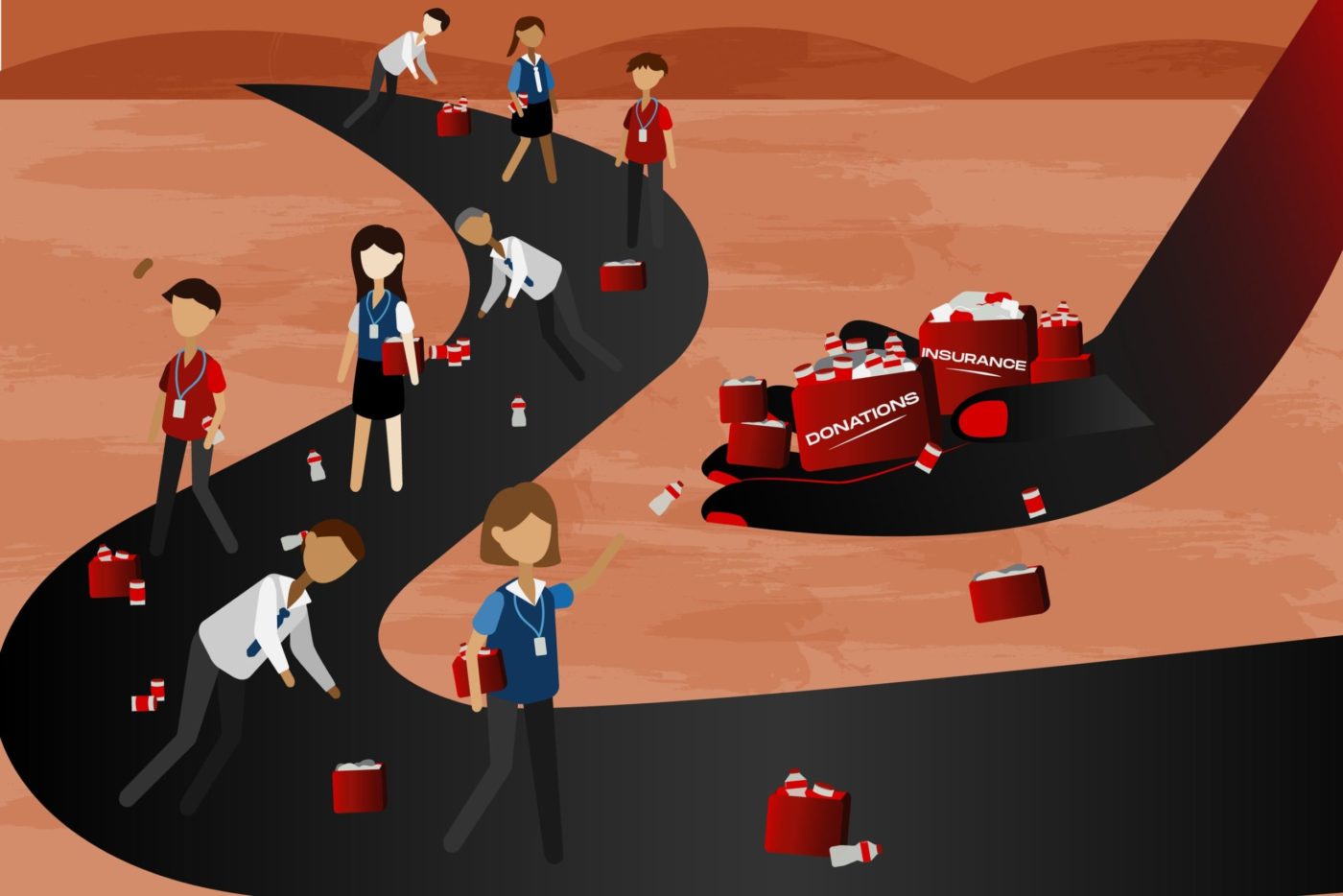
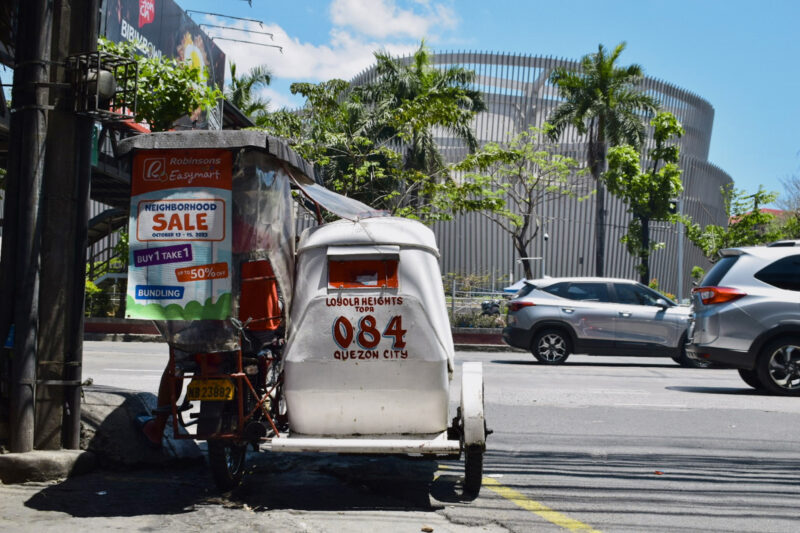


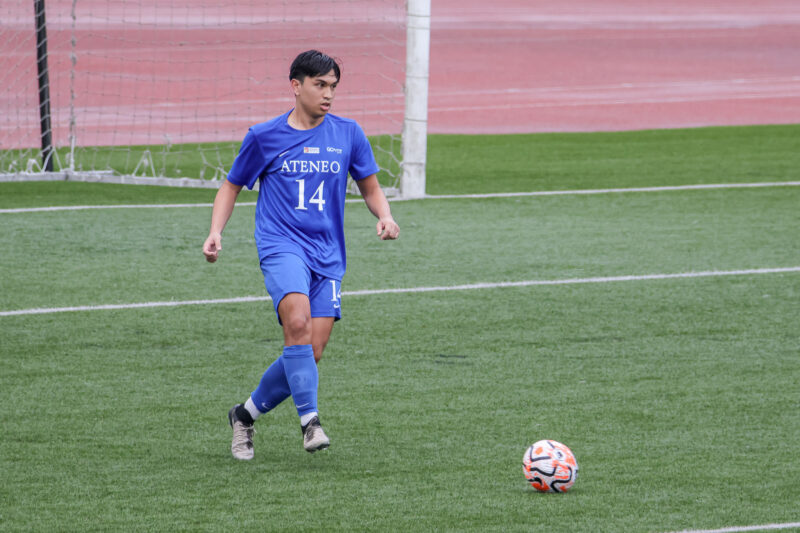
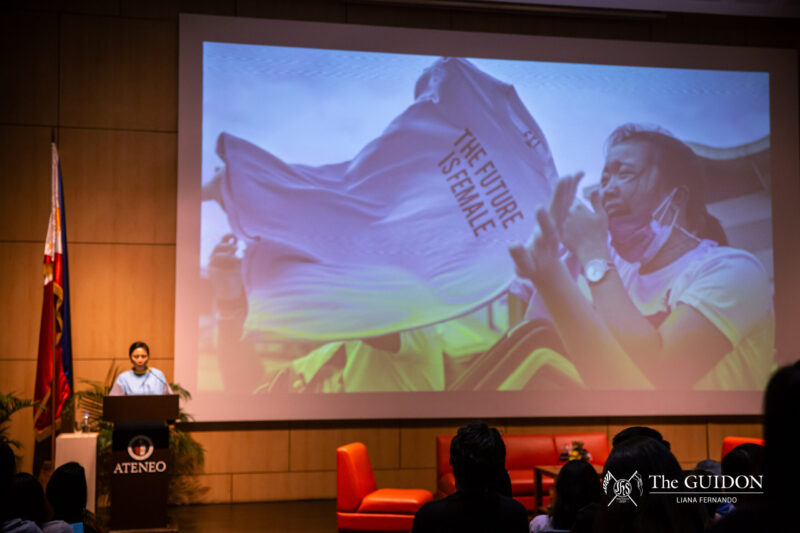
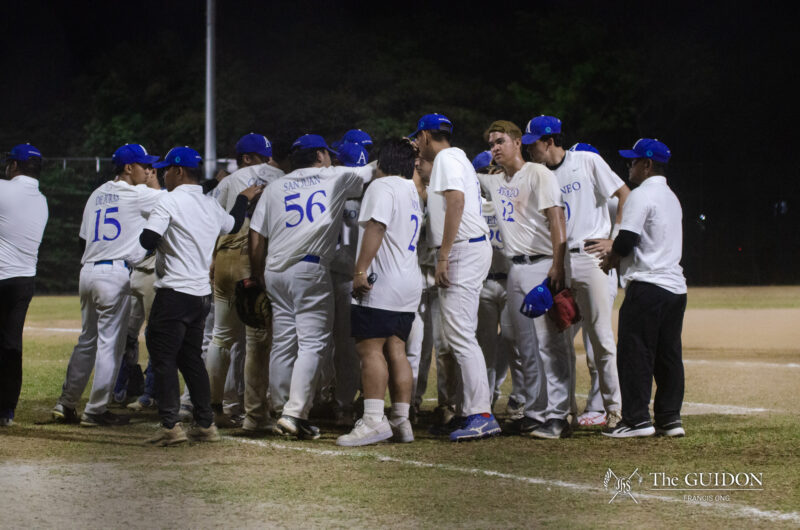
May I just say that when I was interviewed, I did not know this was the context of the article.
When I said, the University must continue to “help in whatever way [they] can with the ongoing pandemic,” it was in the context of its employees. I feel like my words were inserted in a different context.